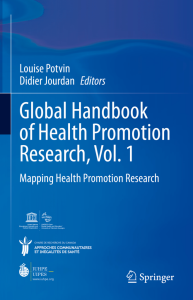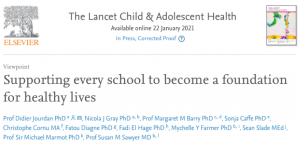UNESCO/Global Campus of Human Rights Massive Open Online Course (MOOC) on Science and Human Rights is out and open for enrolment. The course, which is the first ever educational content on this topic, will be running from 10 October to 13 November 2022. Registration is free and open until 23 October.
Why a MOOC on Science and Human Rights?
Scientific freedom and responsibility have to be enabled and practiced. They benefit both scientists and policymakers; they also benefit all of us. Yet, these benefits will not be achieved if the status of scientific freedom and responsibility as a human right, as well as their linkages with other human rights, are not well understood or are plainly neglected. At present, we have a human rights knowledge-gap that needs to be closed if science is to be objective, evidence-based, free from undue interference and accessible. Closing this gap will enable scientific researchers to claim and exercise their rights relating to the conduct of science and policymakers to meet their human rights obligations and create a healthy environment for rights-driven science, which is a cornerstone for achieving the 2030 Agenda for Sustainable Development.
This MOOC, offered in partnership with UNESCO, is the first dedicated educational engagement on the human rights-based approach (HRBA) to scientific freedom and responsibility, which is also accessible, at scale and cross-disciplinary in its engagement with human rights.
What does the programme look like?
The MOOC runs over 5 weeks and is organised in 2 modules.
Module 1 explains connections and frameworks and tackles two important questions:
- Why connect science and human rights?
- What is a human rights-based approach to scientific freedom and responsibility?
Module 2 is devoted to the HRBA in practice and responds to 3 key questions:
- What is science for human rights?
- What is an enabling environment for scientific freedom?
- How can you use a HRBA to science to help achieve the Sustainable Development Goals?
Interested in joining?
This MOOC is mainly for scientists, university-level science students and policymakers around the world who want to understand and practise a HRBA to scientific freedom and scientific responsibility.
Promoting diverse participation, including in terms of gender, is a key consideration.
For more information and to enroll, visit www.gchumanrights.org/shr
For further queries, e-learning@gchumanrights.org
Watch the special teaser: MOOC Science and Human Rights – YouTube


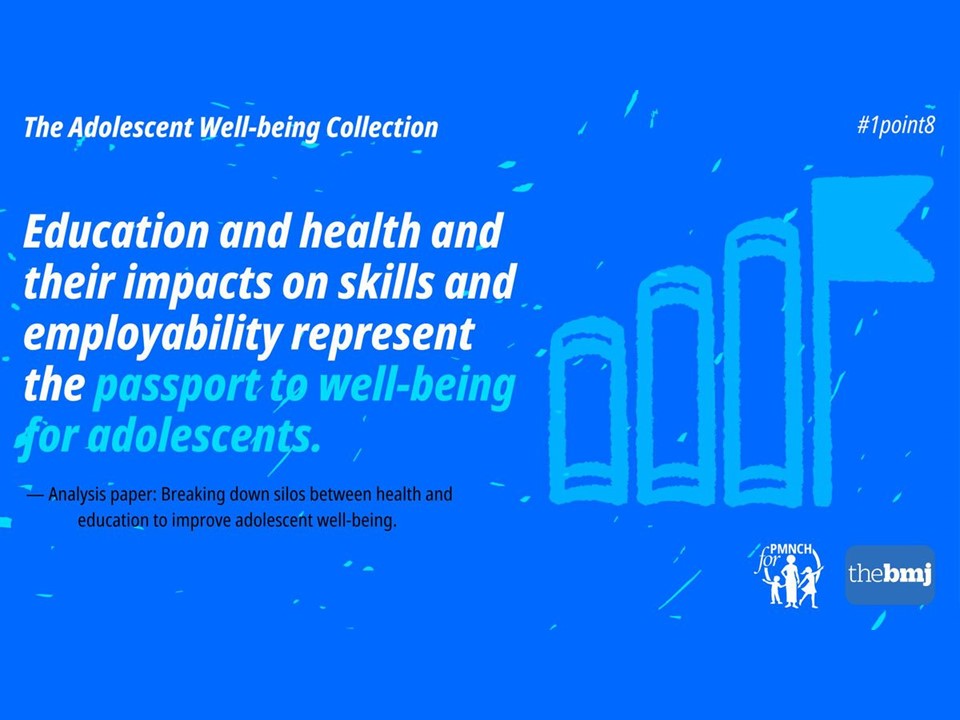




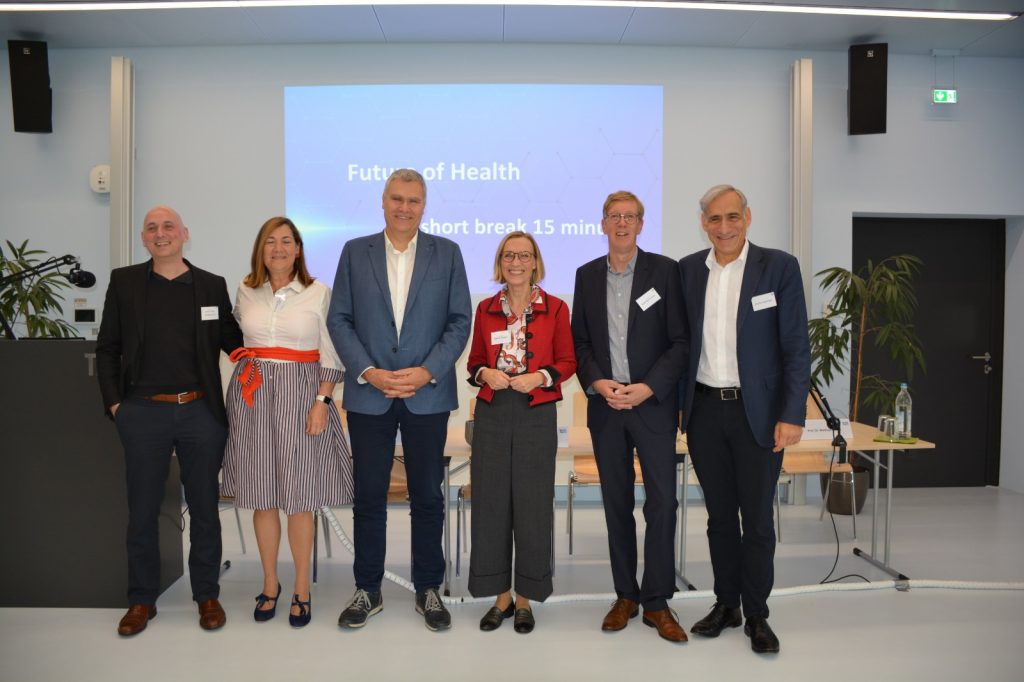
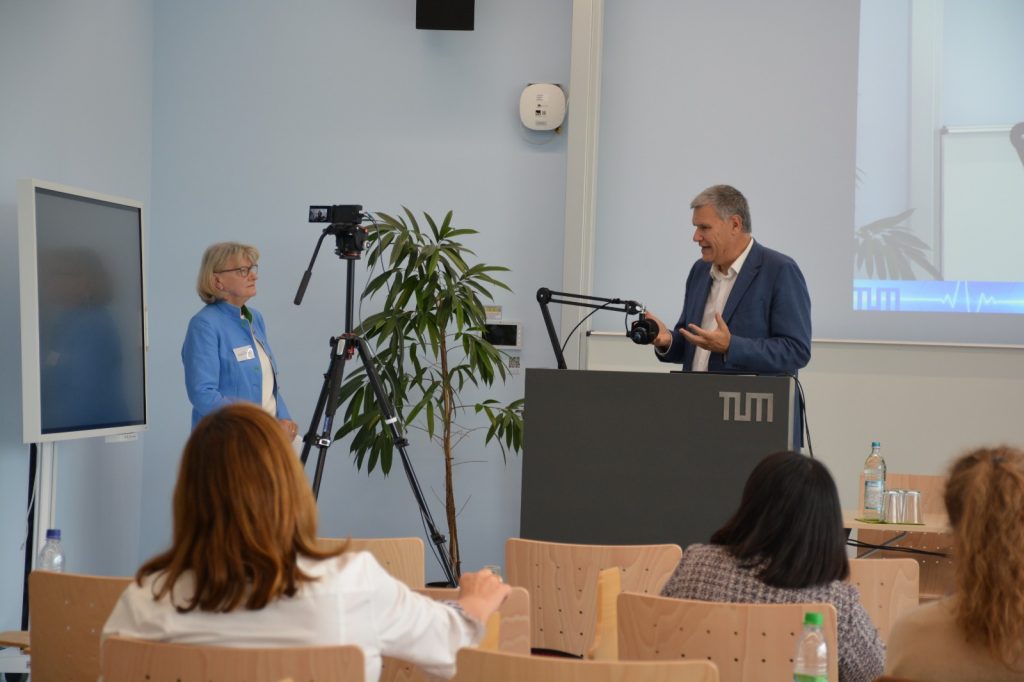
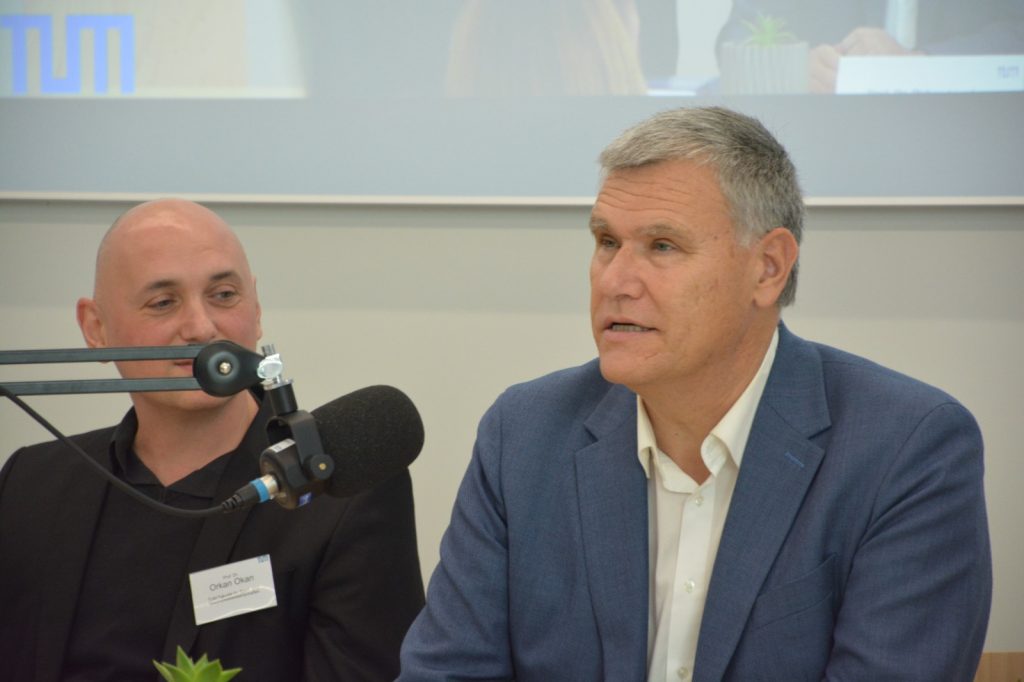




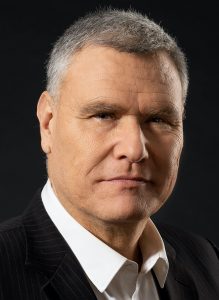 About Didier Jourdan
About Didier Jourdan